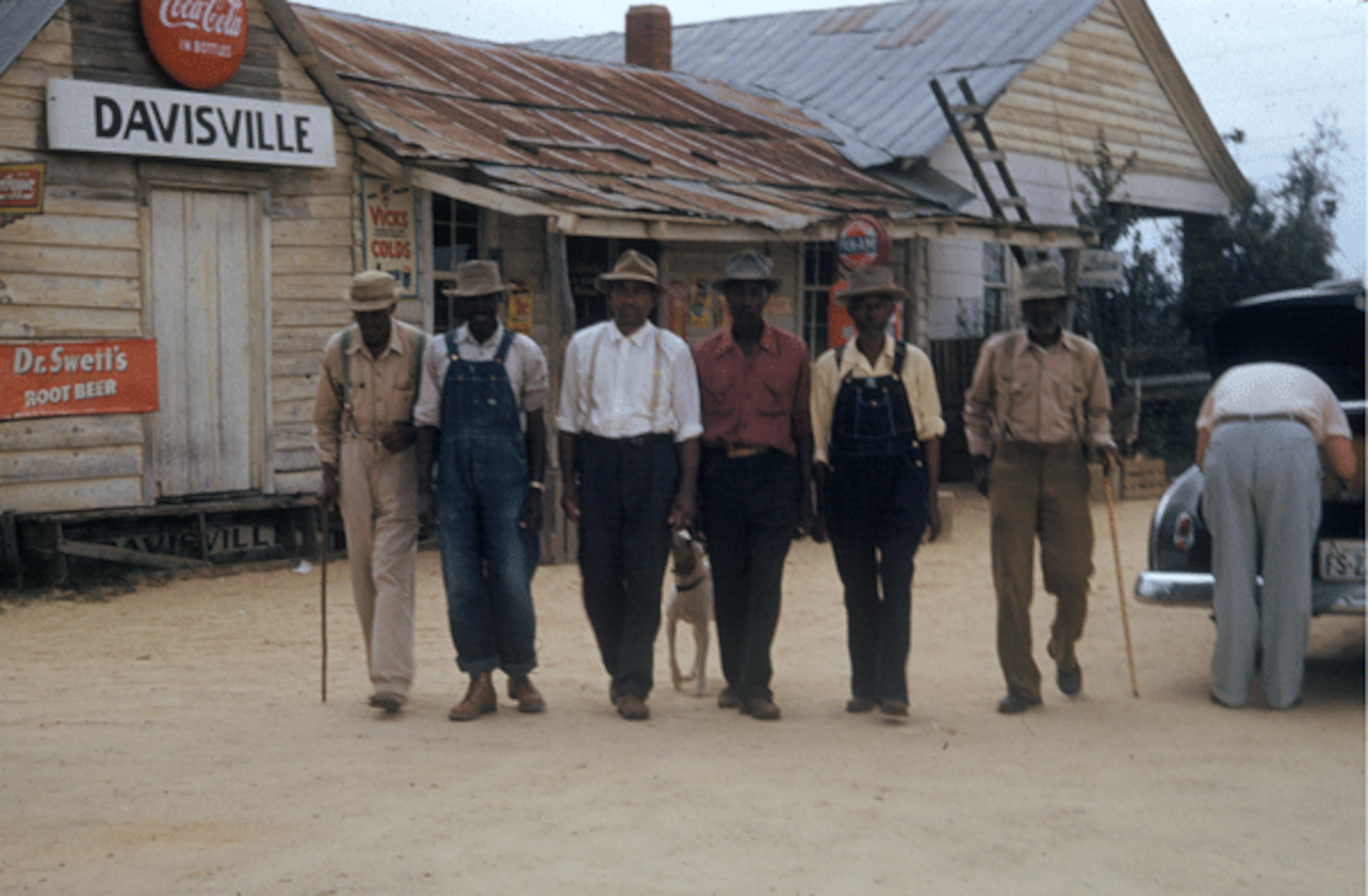Her great-grandfather was in Tuskegee Study, but she’s getting vaccine

Peggy Fitzpatrick Tatum recently spent two weeks trying to book an appointment to get the COVID-19 vaccine before eventually landing a date.
Tatum’s decision to get the vaccine may raise some eyebrows.
The 65-year-old retired federal employee is the great-granddaughter of one of hundreds of Black men in Macon County, Alabama, who were part of a controversial U.S. Public Health Service study on syphilis, commonly known as the Tuskegee Study or Tuskegee Experiment, which began in 1932 and lasted 40 years.
Blacks and Latinos have been disproportionately affected by the coronavirus in terms of hospitalizations and deaths, according to health experts. Yet, they’re also receiving COVID-19 vaccinations at significantly lower rates than whites.
A big reason is lack of trust in medical research systems and the government. Some list the Tuskegee Experiment as reason for their hesitance.
According to a June 2020 Pew Research Center study, Black adults were more hesitant to trust medical scientists, embrace the use of experimental medical treatments and sign up for a potential vaccine to combat the disease.

“I do think they are using Tuskegee as an excuse, and it brings about fear and some anxiety for people,” said Tatum, who was raised in Tuskegee and now lives in metro Atlanta, in a recent interview with the AJC.
In a recent Atlanta Journal-Constitution poll, 30% of Black respondents said the main reason they wouldn’t get the COVID vaccine is they distrust the health system. About 22% were concerned about side effects. Thirty-seven percent said they wanted to know more about the vaccines’ effectiveness.
Those facts are not lost on many in the community, as Black physicians, civic organizations and faith-based groups work to educate Black people about the vaccines.
“We’re at a different place from Tuskegee and also from other injustices and unethical medical behavior as far as research goes on human subjects,” said Dr. Lilly Immergluck, a professor at the Morehouse School of Medicine.
National and international guidelines have come from lessons learned in history.
“The protections that humans have in clinical research, to me, evolved from that situation (Tuskegee) along with some others.
“The way to be empowered is to get correct information,” she said. “We’re asking people to go to the people they trust in their communities, their circles, their networks and their health care providers.”
But she makes it clear that it’s not just vaccine hesitancy that could account for lower numbers.
“Is the root cause for the low number truly because people don’t want it or is it an access issue, a distribution issue or an inequality of distribution issue that needs to be addressed?”
Tatum is a board member of the Voices for Our Fathers Legacy Foundation, a nonprofit which was formed in 2014 to bring together Tuskegee Experiment descendants, provide scholarships, educate people about the study and tell the story of the men and their legacy.
Several group members have spoken out recently about the COVID vaccines and shared that they plan to take them. Their work has been in the spotlight more as people debate whether to take the vaccines.
Recently, Tatum and other descendants were part of a panel discussion on the syphilis study for a Chicago-based talk show when someone asked why, given their family histories, they would take the COVID vaccines.
She told them she was raised by her grandparents and when she was younger, whenever a vaccine became available whether for mumps or chickenpox, they would go down to the community clinic and get the shots.
“My grandmother never thought about any harm the vaccines would do to us, but she trusted in the Lord that it would do us all the good,” Tatum said.

Many times, people on social media harken back to the syphilis study.
Tatum doesn’t go as far as to encourage others to take the vaccines; she just wants them to educate themselves before making a decision.
“Back then, they didn’t understand what was going on,” she said. “Now you can ask questions. You can watch experts on the news 24/7.”
Tatum admits that she was hesitant at first, but the more she researched the vaccines, the more comfortable she felt.
She was only 2 years old when her great-grandfather died and can only piece together what he was like from other family members.
Papa Willie, as he was known, was a hardworking family man and sharecropper who lived right outside of Tuskegee in a community called Cotton Valley.
Lillie Tyson Head’s father, Freddie Lee Tyson, was also part of the study. Today, she advocates for people, particularly Blacks, to get vaccinated.

In Macon County, the men were not treated or informed they were in a study, said Head, 78, president of the Voices for Our Fathers Legacy Foundation and a Virginia resident. “We, on the other hand, in this time and age, we have more information at our disposal about the vaccine.
“I do hope my African American brothers and sisters will take the vaccine if they are able to do it,” Head told the AJC. The retired educator and her husband are scheduled to take their second COVID vaccine dose in March.
Head was not born when her father, then a sharecropper, was in the Tuskegee Study.
The family found out after her brother read about the study in the news.
“Of course, you can imagine it was quite a shock. There were so many questions and Daddy didn’t know the answers either.” He only knew that a lady would come around and draw blood.
Despite that legacy, Head is speaking out.
“This is an opportunity for us to ensure that our safety and our health is being addressed,” she said.
Staff writer Eric Stirgus contributed to this article.


